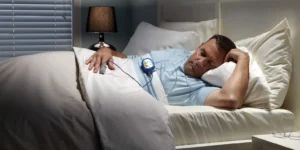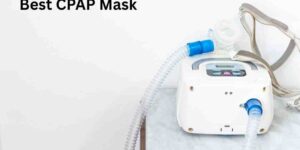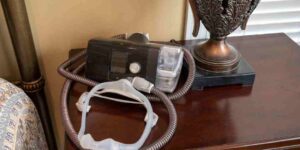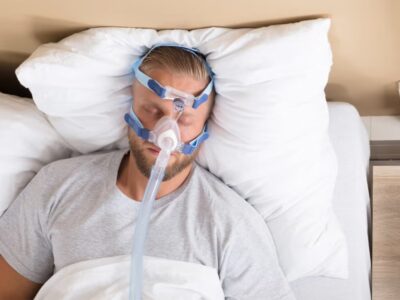
Lifestyle Changes That Can Help Manage Sleep Apnea Naturally
Aug 14 2025 Sleep Hygiene cpap machine cpap machines cpap mask cpap masks oxygen compressor oxygen at home oxygen breathing machine oxygen supply oxygen therapy at home air liquide home oxygen oxygen airIntroduction: More Than Just Snoring
Sleep apnea is often thought of as “just snoring,” but it’s far more serious. This sleep disorder causes repeated pauses in breathing throughout the night, reducing oxygen levels and interrupting deep rest. Over time, untreated sleep apnea can contribute to high blood pressure, heart problems, diabetes, and chronic fatigue.
While medical treatments like CPAP therapy and surgery are highly effective, many people don’t realize that lifestyle changes can also play a powerful role in managing symptoms. In fact, for some, healthy habits can make the difference between restless nights and restorative sleep.
Causes of Sleep Apnea: Why It Happens
Understanding the causes can help you take practical steps toward improvement.
1. Excess Weight
Carrying extra weight — especially around the neck — can put pressure on the airway, making it more likely to collapse during sleep. This is one of the most common triggers of obstructive sleep apnea (OSA).
2. Weak Airway Muscles
As we age, muscle tone in the throat and tongue can weaken, increasing the risk of airway blockage at night.
See more: Oxygen Machine for Home Use: Safe, Convenient, and Effective
3. Structural Factors
Some people naturally have narrower airways, larger tongues, or other anatomical features that make breathing during sleep more difficult.
4. Nasal Congestion
Chronic nasal blockage from allergies, sinus issues, or a deviated septum can make it harder to breathe and force mouth-breathing during sleep.
5. Alcohol and Sedatives
These substances relax throat muscles too much, increasing the likelihood of obstruction.
Symptoms of Sleep Apnea: The Signs You Might Be Missing
Many people don’t realize they have sleep apnea until a partner notices symptoms. But there are both nighttime and daytime clues.
Nighttime Symptoms
- Loud, chronic snoring
- Pauses in breathing, gasping, or choking sounds during sleep
- Restless tossing and turning
- Waking up with a dry mouth or sore throat
Daytime Symptoms
- Morning headaches
- Daytime fatigue or falling asleep unintentionally
- Difficulty concentrating or memory problems
- Mood changes, irritability, or depression
Example: Tom, a 42-year-old accountant, thought his constant tiredness was from work stress. His wife noticed loud snoring and choking noises at night. After lifestyle changes and treatment, his energy levels and mood improved dramatically.
Medical Treatment Options
Before exploring natural approaches, it’s important to know the standard medical treatments for sleep apnea.
1. CPAP Therapy
Continuous Positive Airway Pressure (CPAP) uses a mask to deliver steady air, preventing airway collapse. It’s considered the gold standard for moderate to severe sleep apnea.
2. Oral Appliances
Custom dental devices reposition the jaw or tongue to keep the airway open.
3. Surgery
Procedures like removing enlarged tonsils or reshaping the airway may be recommended for certain patients.
While these are effective, lifestyle changes can complement medical care — and in mild cases, may reduce the need for more invasive treatments.
Lifestyle Changes That Can Help Manage Sleep Apnea Naturally
1. Maintain a Healthy Weight
Losing even 10% of body weight can significantly reduce airway obstruction in people with OSA.
- Focus on balanced meals with lean protein, vegetables, whole grains, and healthy fats.
- Avoid crash diets; sustainable weight loss works best.
2. Sleep on Your Side
Back sleeping can cause the tongue and soft palate to fall back, blocking the airway.
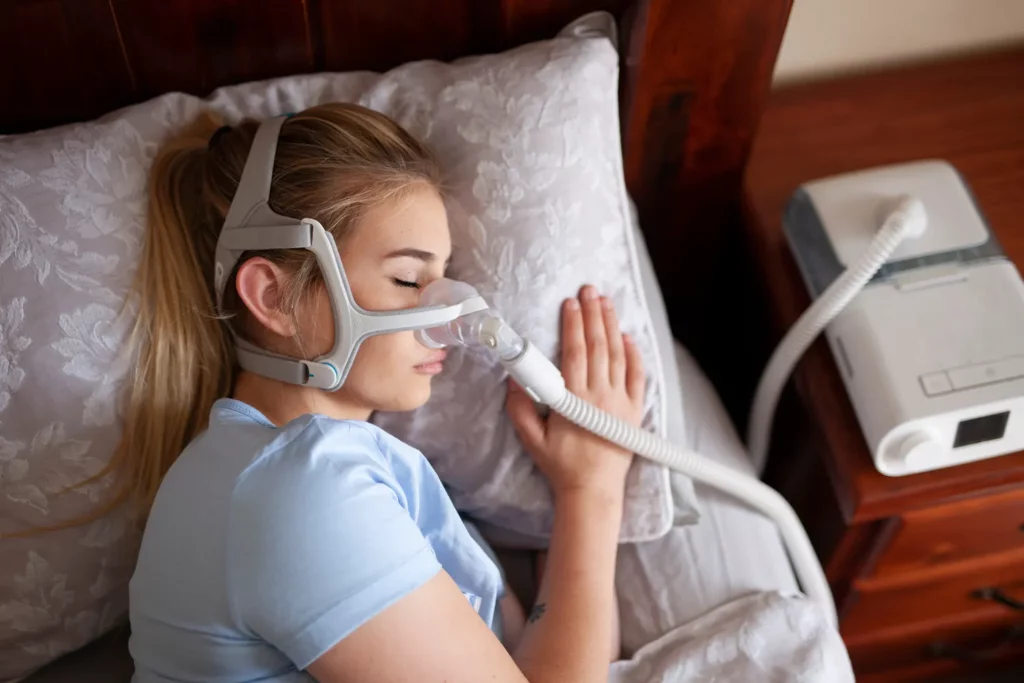
- Try sewing a tennis ball into the back of your pajama top to prevent rolling onto your back.
- Specialized wedge pillows can help maintain side-sleeping positions.
3. Limit Alcohol and Sedatives
Avoid alcohol and sedatives, especially in the evening, as they overly relax throat muscles.
- If you take prescription sedatives, discuss alternatives with your doctor.
4. Practice Good Sleep Hygiene
A consistent bedtime routine promotes deeper, more restorative sleep.
- Go to bed and wake up at the same times daily.
- Keep your bedroom cool, dark, and quiet.
- Limit screen time at least an hour before bed.
5. Exercise Regularly
Physical activity strengthens respiratory muscles and supports healthy weight.
- Aim for at least 150 minutes of moderate exercise per week.
- Even light activities like walking, yoga, or swimming can help.
6. Manage Allergies and Nasal Congestion
Clear nasal passages make breathing easier at night.
- Use a saline rinse before bed.
- Address chronic allergies with the help of a healthcare professional.
7. Strengthen Throat and Tongue Muscles
Certain exercises — called myofunctional therapy — can tone airway muscles.
- Try singing or playing a wind instrument, both of which improve muscle control.
8. Quit Smoking
Smoking irritates and inflames the airway, worsening sleep apnea symptoms.
- Seek support through cessation programs or nicotine replacement therapy if needed.
Combining Lifestyle and Medical Approaches
In many cases, lifestyle changes and medical treatments work best together.
- A person using CPAP may find it more comfortable and effective after losing weight.
- A patient who switches to side sleeping may need a lower CPAP pressure setting.
Think of lifestyle adjustments not as a replacement for treatment, but as an empowering way to take control of your health.
Conclusion: Taking Steps Toward Better Sleep
Sleep apnea is more than a nighttime nuisance — it’s a serious health condition that can affect your heart, brain, and quality of life. While medical treatments like CPAP therapy and surgery are effective, natural lifestyle changes can greatly improve symptoms and sometimes reduce the severity of the condition.
By maintaining a healthy weight, sleeping in the right position, exercising, and avoiding airway irritants, you can take meaningful steps toward better breathing and better rest.
If you suspect you have sleep apnea, don’t rely solely on self-care — see a healthcare provider for a proper diagnosis. Then, combine their recommendations with these lifestyle strategies to get the best possible results.
Better sleep means better health, better mood, and better days ahead. And that’s something worth working for.

